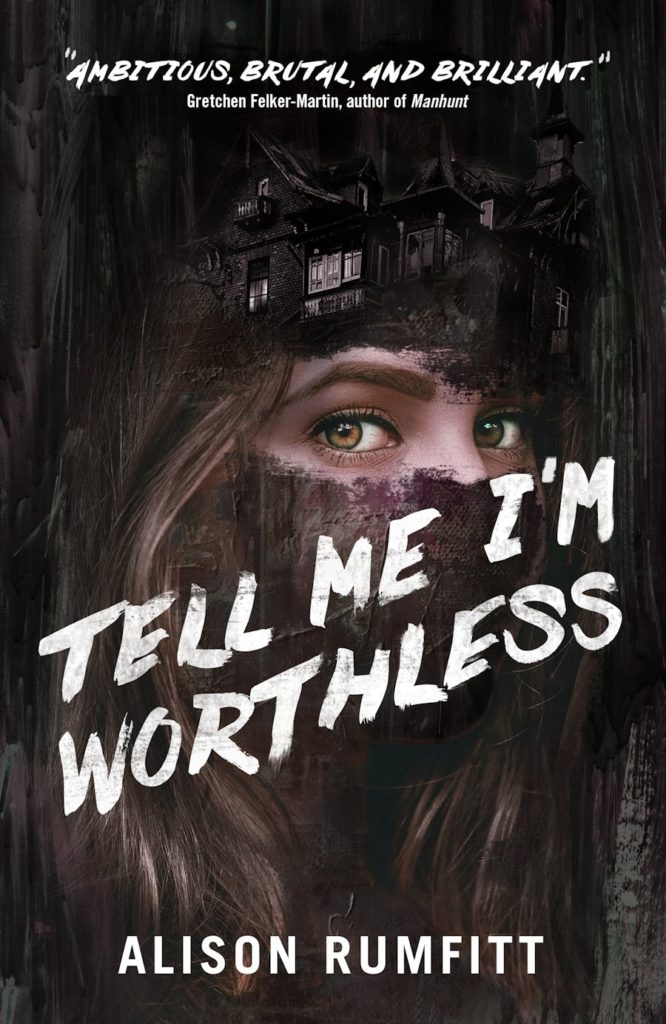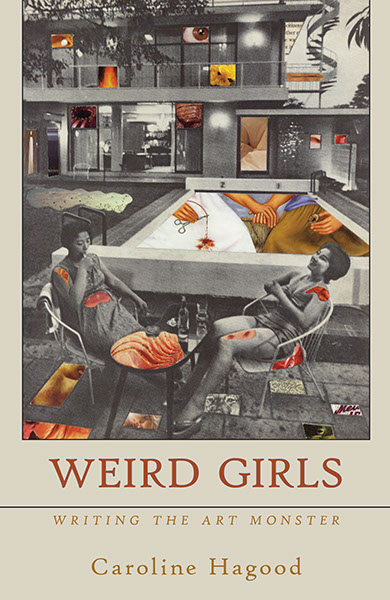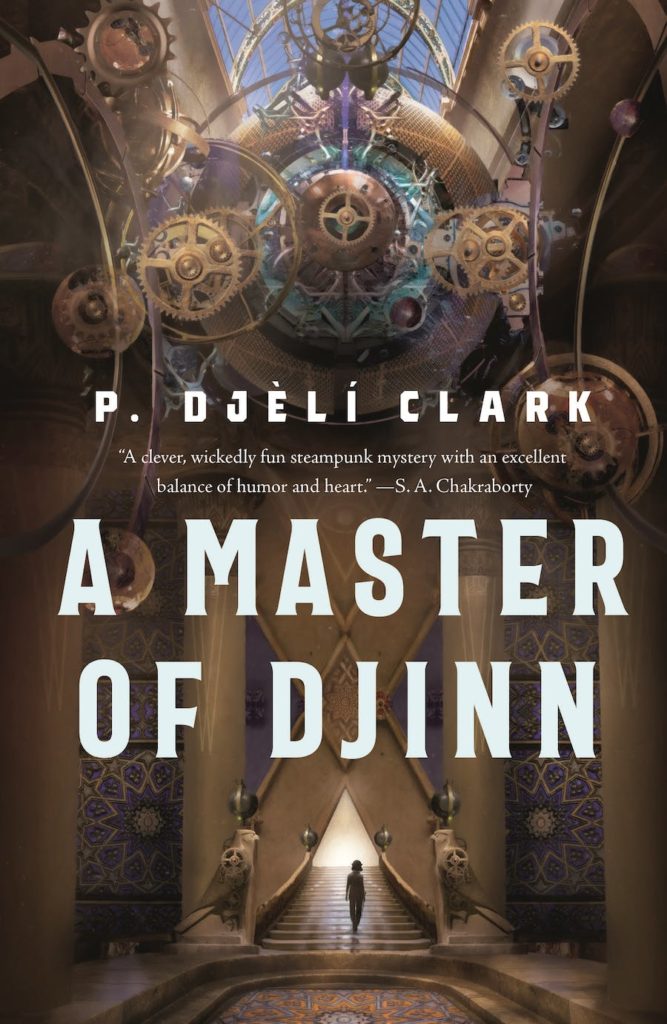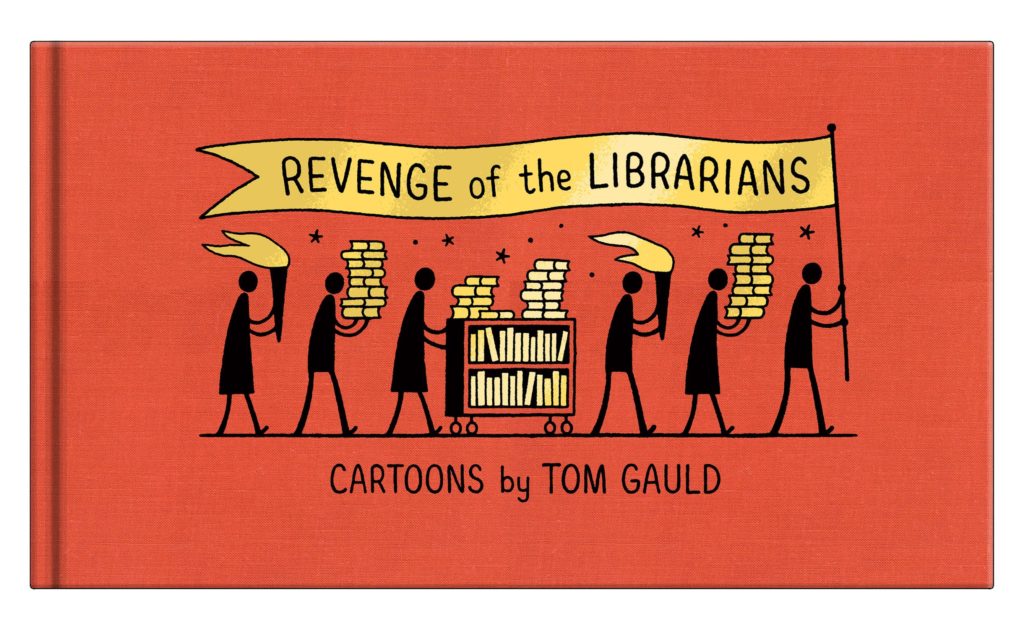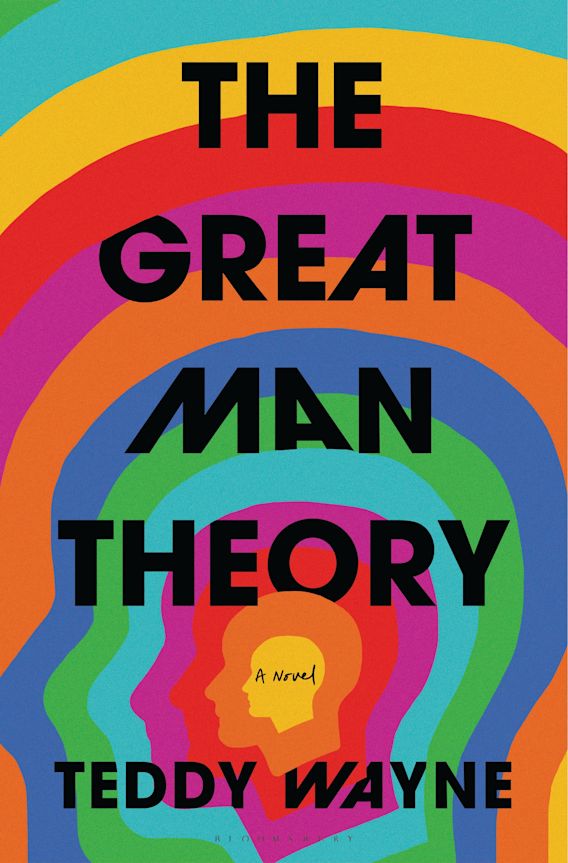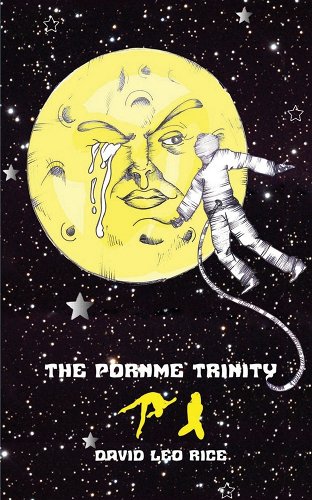
David Leo Rice’s novella The PornME Trinity is an addictive and voyeuristic parable. And like all parables, it harbors hidden meanings that stimulate deeper reflection. On the surface, this story is about a person’s perilous encounter with sexual and homicidal fantasies. At a deeper level, it’s about the nature of reality seen through the prism of the virtual universe. Our protagonist is Gribby, a nondescript everyman, byproduct of contemporary trash culture, who lives under the ubiquitous eye of the surveillance state. Everything he does is recorded. His observed life unfolds between the office, where each person is as nondescript as he is, and his apartment, where he shuffles between his computer and an empty fridge that holds a few derelict olives (destined for his evening martinis) and a smattering of stale takeout dumplings. Gribby’s perception of work colleagues is surface deep. Everyone is “ugly,” except for Kellyanne whom he fantasizes about and his boss Mr. Veitch, a handsome “dickhead” he nevertheless admires. Isolated and deprived of any real personal relationships, Gribby’s life already mirrors the virtual space he inhabits. Both Kellyanne and Mr. Veitch appear as one-dimensional pulp characters, props projected from his mind onto reality. This is the normal humdrum state of things until one day Gribby receives an email in his spam folder from a site called PornME with a tantalizing offer: they’ll send him videos of himself and anyone else he’s caught on camera with playing out his sexual fantasies – compliments of the surveillance state – and for only $12.99 a month. Soon, when the videos begin rolling in, both Kellyanne and Mr. Veitch are reduced further to become willing and ready actors in Gribby’s porn fantasy, with himself in the leading role, until the sex scenarios take an unforeseen turn.


